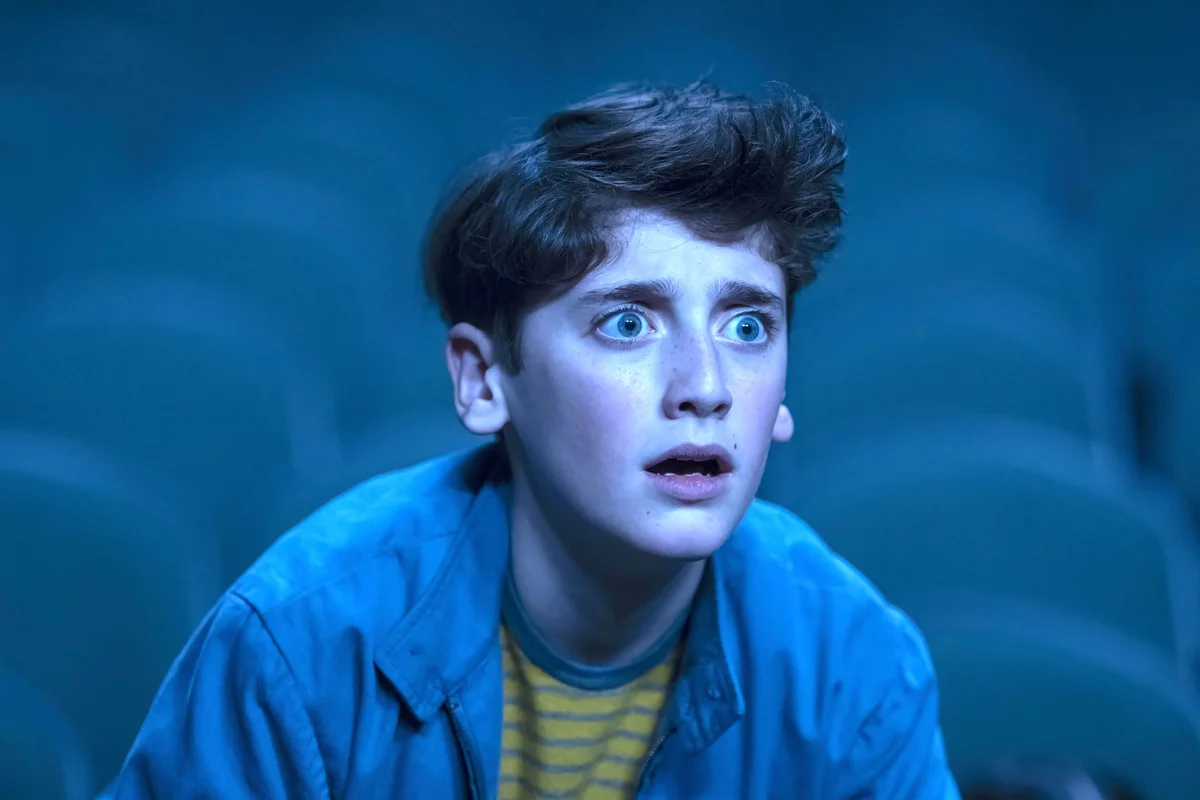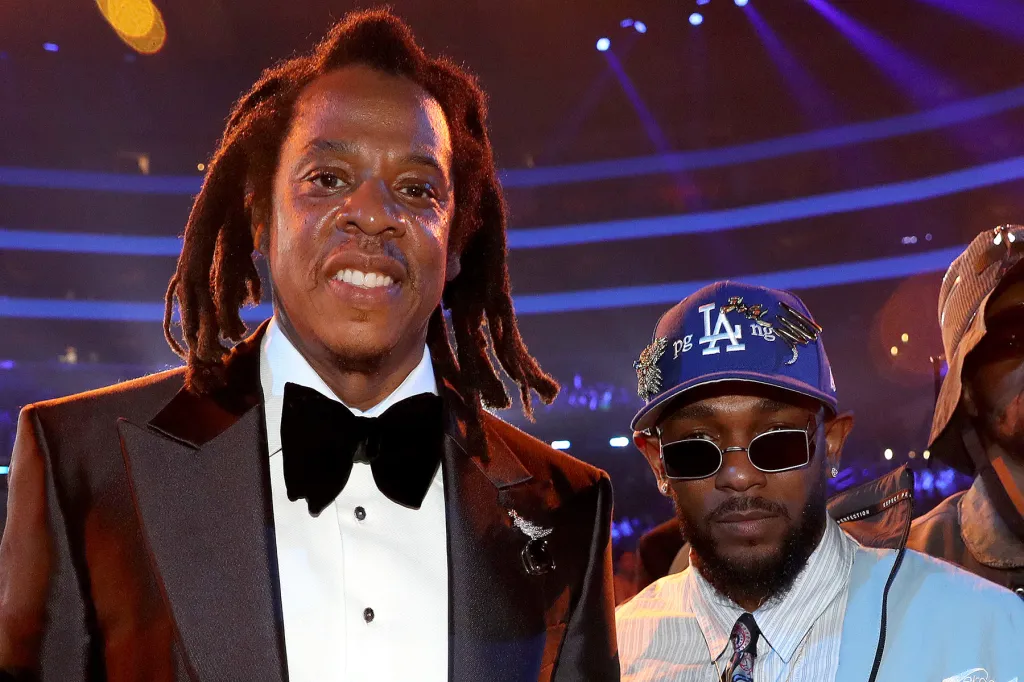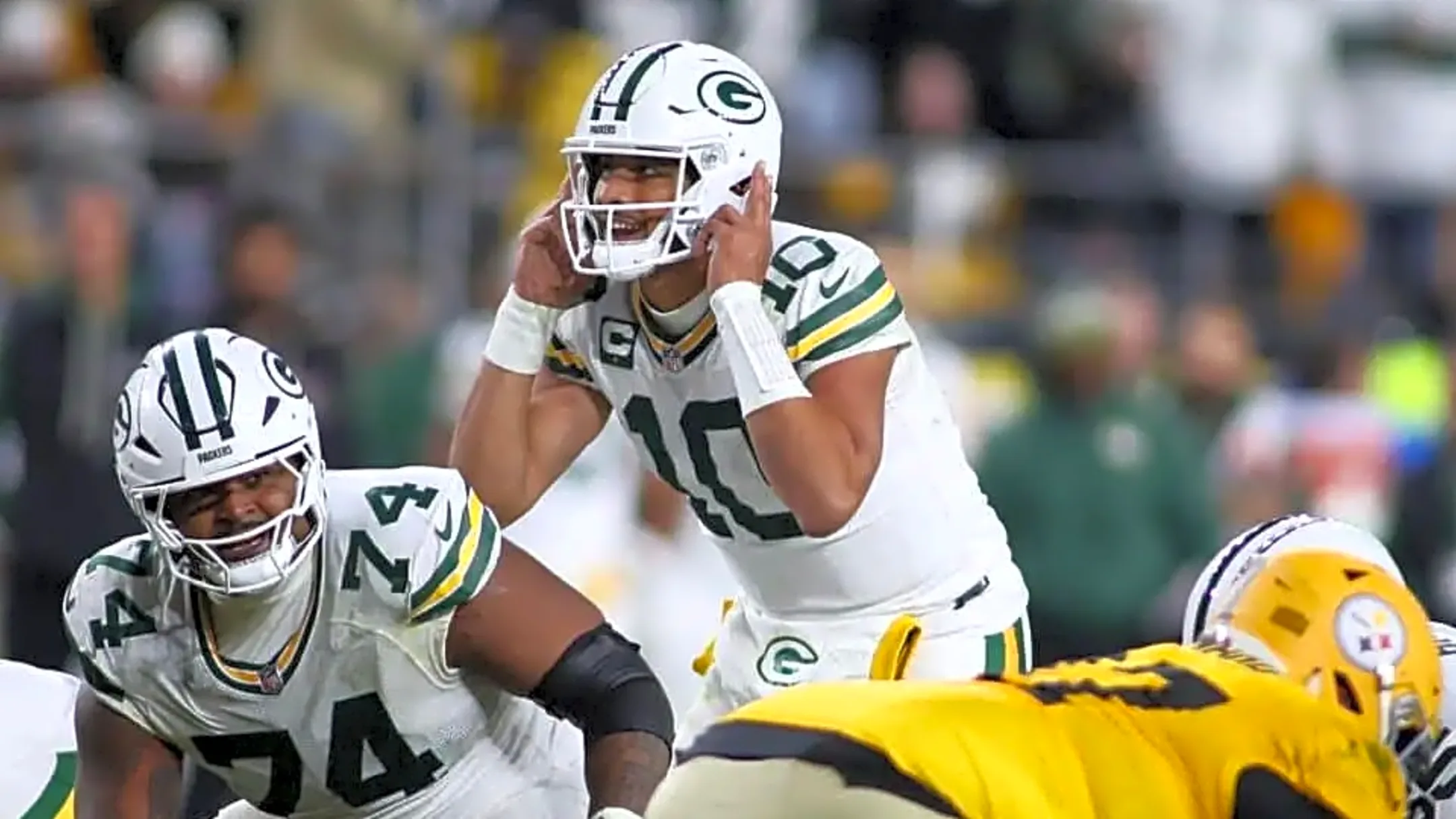Copyright independent

It: Welcome to Derry is far from 2025’s best television show. But it might just be the most 2025 television show. The Stephen King adaptation arrives straddling an industry-wide wave of film-to-TV IP plundering: the last 12 months have already given us such corporately integrated kindred spirits as the Star Wars spin-off Andor, The Batman spin-off The Penguin, Alien prequel Alien: Earth, and DC Comics spin-off Peacemaker. Derry – a prequel to the 2017 film It (and its 2019 sequel It Chapter Two), following the supernatural goings-on in a postwar New England town – is also a series that could only exist in the afterglow of Stranger Things’s candent popularity. Reviewers have bickered over the series’ similarities to, or divergences from, Netflix’s teens-vs-monsters nostalgia-fest; it’s true that Welcome to Derry is nastier and loftier, but make no mistake, the two shows are very much guzzling from the same well. More than anything, though, Derry epitomises something that’s becoming ever more true about contemporary US television – a collapsing of high and low sensibilities. For years, there was a clear (albeit flexible) separation between what we might think of as “genre”shows and more supposedly sophisticated “prestige” television. Something like The Walking Dead, for instance,was a robustly made, well-received and popular series, but almost never mentioned in the same breath as, say, Mad Men. This was always something of an illusory divide – many of the most prestige-laden series of all time have been spins on an established genre, from NYPD Blue (police procedural) to Deadwood (western), to The Sopranos (crime drama). But the difference was always clear – in the way the series were produced, marketed, discussed, and voted on come awards season. Derry, meanwhile, is part of a new breed of television, one that combines the production value and creative veneer of “prestige” TV with the schlock and excess of pulp entertainment. As one might expect of “prestige” shows, it has serious themes, credible acting, lush cinematography. It is a series that invites the audience to take it seriously. But it is not altogether a serious story. Here, themes and issues are in service of the visceral, over-the-top thrills – not the other way around. Within minutes of the first episode beginning, we are treated to a horrifying set piece in which a woman gives birth to some sort of bat-like Pennywise demon; we see the whole delivery in gross, alarming detail. It’s significant that Derry, airing on Sky and NOW in the UK,is produced for the American network HBO, once the global nexus of “prestige” television. Nearly all of the most acclaimed shows from TV’s “Golden Age” were HBO commissions; more than any other broadcaster, its original series, from Sex and the City to The Sopranos to The Wire, were the driving force behind the transformation of TV from perceived “lesser art form” to a pursuit that could stand toe-to-toe with film. HBO’s artistic supremacy continued beyond the so-called Golden Age, even as other networks began seriously rivalling it. (AMC produced Mad Men and Breaking Bad, Showtime had Twin Peaks: The Return, and FX the now-shunned but endlessly influential Louie, to name a few.) Throughout the 2010s, HBO quietly continued to be the most reliable producer of great original series. The hit rate, really, remained extraordinary – HBO yielding such gems as: Girls; Veep; Vice Principals; Treme; High Maintenance; Barry; The Deuce; Succession of course. Since the launch of Warner Bros Discovery’s US streaming service in 2019 – currently called HBO Max, after two name changes – the network has been in something of an identity crisis. When the streamer was combined with Warner Bros’s other arm, the markedly less prestigious Discovery+, in 2023, there was a sense that HBO was no longer its own island of quality. And fans recognised it, too: a campaign called “#BringBackHBO” began trending on social media. While bosses have re-stated their commitment to the sort of original programming that made the channel’s name, recent years have seen a notable shift towards adaptations of popular pre-existing IP: series such as Game of Thrones spin-off House of the Dragon, The Penguin, Dune: Prophecy, the video game adaptation The Last of Us, and now Welcome to Derry. Among the HBO series currently in development are a spin-off of the Conjuring movies, something called Mad Max: The Wasteland, and the already controversial, widely discussed Harry Potter adaptation.Perhaps it’s time they revise their famous old slogan: “It’s not TV. It’s not really HBO either.” It’s hard not to pin much of the blame for this shift on Game of Thrones, perhaps the singular TV show most responsible for tearing down the wall between “prestige” and genre fare. Not only did it prove that critics would embrace a violent high fantasy series if it were glossy, adult, and relatively artful, but it also showed that such a programme could be phenomenally popular with audiences. There was, it was clear, an appetite for such a show that extended beyond the pre-existingly understood ambit of genre fandoms. It’s not a particularly bold prediction to assert that Welcome to Derry will not be a Game of Thrones-sized hit. (In this economy?) But it will probably be seen: it’s watchable enough, and the first It film is, after all, the highest-grossing horror movie of all time. “Prestige” TV isn’t something to be mourned – the term was, ultimately, more of a branding tool than anything, a shorthand to market a certain type of programme to a certain type of middlebrow viewer. (And it still survives, in places: Apple TV and Hulu still produce series that could be described as “prestige” ventures, albeit ones without the cultural impact or staying power of traditional heavyweights.) But the broader pivot towards series like It: Welcome to Derry, or Alien: Earth, or The Penguin,only serves to squeeze out room for great original programming. Where is Succession’s successor? The worry isn’t that the TV industry has suddenly become unable to make shows like these. It’s that it no longer wants to. ‘It: Welcome to Derry’ is streaming on Sky and NOW in the UK, with new episodes arriving each Monday



